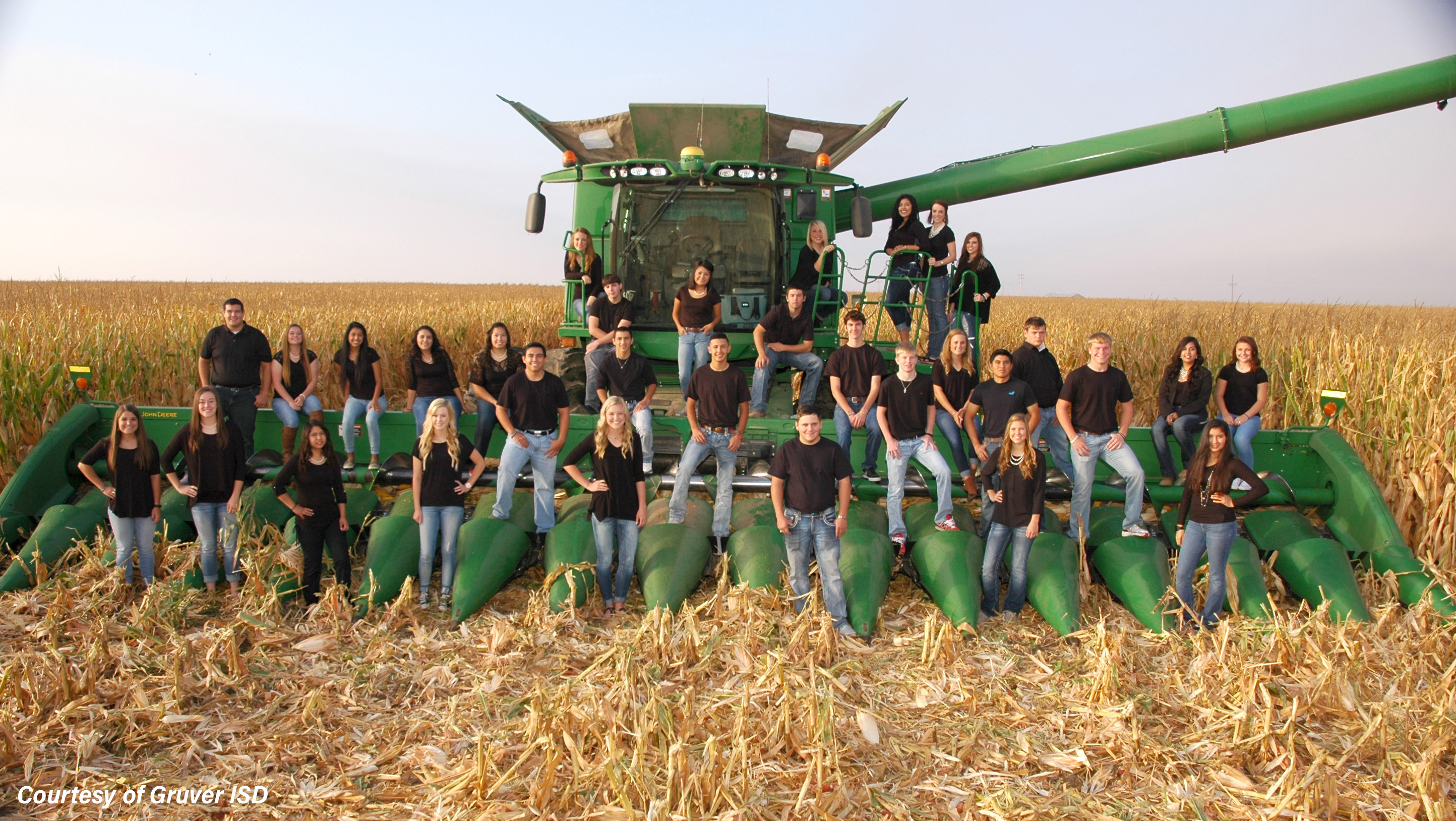 Eleventh in a series on what to look for in college.
Eleventh in a series on what to look for in college.
Looking for a college? Gruver, Texas, can teach us something. A small but remarkable community in Hansford County, Gruver is home to about 1,200 souls.
The community wanted to be the county seat of Hansford County, and during the 1920s there was a battle between the good folks of Gruver, led by Uncle Joe Gruver, and the anxious citizens of Spearman, Texas, a few miles down the road. Over a period that spanned nearly two decades, there were battles between the communities over railroad interests, line locations, county politics and state politics. The governor and eventually the state legislature got involved, and it got tough along the way.
At one point there was gunplay that thankfully turned into an old-fashioned fistfight, having no impact on the outcome but revealing a level of intensity resident in Panhandle communities—an American kind of toughness that embodies and is driven by community aspirations. Uncle Joe Gruver lost the fight and never forgot it. He was tough, innovative and persistent with a spirit that represented the very best of those good folks of Gruver. They work together and worked hard, standing unified and proactive for community improvement and a brighter future.
That has never changed.
Gruver ISD, a school district of less than 500 students (a drop in the bucket compared to the state’s 5.5 million), gets an A rating on accountability, has experienced teachers averaging over fourteen years of service (three years greater than the state average) and a four-year graduation rate of over 96% (compared to the state’s 90%). Teachers’ salaries at $46,026 are low (about 15% below state averages). But Gruver has spit. By comparison, Houston ISD’s accountability rating is a B for its 210,000 students, the average teacher’s salary is $54,125 at the state average and just over 80% graduate on time or earlier. Small can be very good. There’s no symphony or ballet, few museums or live theater, such as available in the great Bayou City, but Amarillo is not far away, nor is West Texas A&M University.
The power of community flourishes in Gruver, Texas, where a donated parcel of land (410 acres) allows farmers to grow corn to help students go to college. The Gruver Farm Scholarship Foundation was established in 2012 to motivate students through incentives and encourage academic and extracurricular success. The community, Gruver ISD and the foundation all want to create a brighter future for students. Panhandle pragmatism is at work in Gruver. The foundation also wants to attract families from afar to live in Gruver, a place that cares for its families and students and works to provide educational opportunity beyond high school in a variety of educational settings.
Farmers volunteer equipment and time; students, teachers and staff help; and all begin to understand an agricultural way of life. They thought they were just planting corn, but they were growing community. The yield of corn challengingly coaxed from the land funds scholarships. Graduates of Gruver High School have the opportunity to attend college or vocational training tuition and fee free.
When Karl Nielsen donated 410 acres of land to help Gruver ISD, the school set it up as a cash lease. Although the yield was modest, about $25,000 per year, the good folks of Gruver thought they could do better. Volunteers, farmers and townsfolk did do better. They raised corn as a community. They sold corn. The proceeds are fueling postsecondary study. Students are awarded funds based on a combination of merit and participation. Yes, test scores and grades are important—the foundation recognizes that, as does the Gruver ISD; but community participation, belonging to something larger than itself, is also a critical factor.
Truckloads of graduates like those from Gruver would bring honor to WT. They know how to work. They know how to succeed. They expect a reward when success is achieved. These are the students that make a place like WT successful. Leadership at every level, committed faculty, resources to support students and faculty and facilities that offer excellent places to work and study are all important. These elements allow a university to turn dreams into reality for students who have aspirations for themselves, their families and the places they call home.
When a student is looking for a university experience, I would advise them to diligently seek out a place that values and champions the free exchange of ideas, puts the needs of others first and applies what is learned for the betterment of communities. Seek an institution that embraces better ways to shape the future and treats others with a dignity that flows from the humanity of a place where each individual promotes citizenship and being part of something larger than oneself.
That’s not a field of dreams for a university or a student, but a focus on real mission that becomes an institutional reality.
Walter V. Wendler is President of West Texas A&M University. His weekly columns are available at http://walterwendler.com/.



